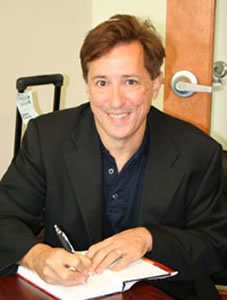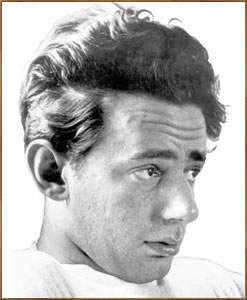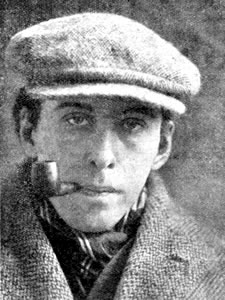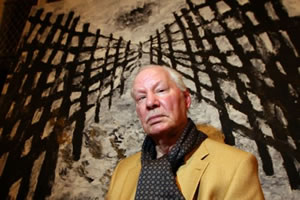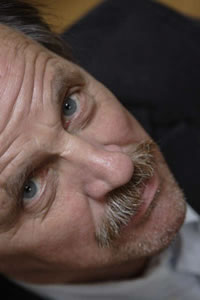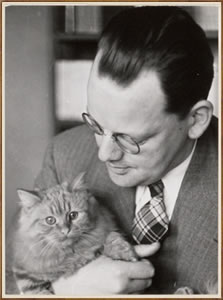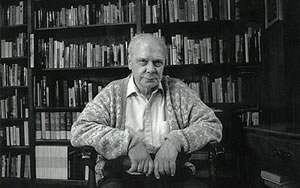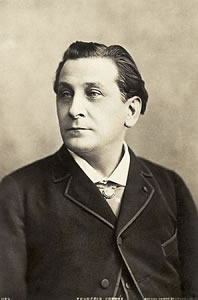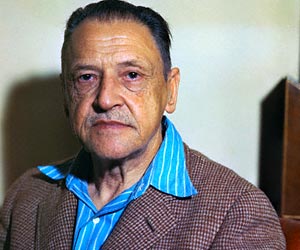De Duitse dichter en schrijver en uitgever Manfred Jendryschik werd geboren op 28 januari 1943 in Dessau. Zie ook mijn blog van 28 januari 2009 en ook mijn blog van 28 januari 2010.
Vom Wasser
Manchmal, scheint’s tröstlich, gehen auch die Könige
baden, siehe der zweite Ludwig, soeben
war er noch da, nun sucht er Atlantis. Die Immunität
von Pinochet wurde zu spät aufgehoben, Franco
starb friedlich im Bett wie Stalin, der Mörder
von Luther King sollte nie gefunden werden. Warum
nur, fragt sich der kleine Mann in der Wanne (und sei’s drum:
Müller-Lüdenscheidt) etabliert sich das Unrecht
so weltweit und immer wieder, ganz sentimental-
faschistoid-heimatliebend, Mr. President? Usedoms
genannte Kaiserbäder sagen ein Herzliches
Willkommen wie auch den Diktatoren
der Kontinente, aber die waschen sich, hört man, anderswo
in aller Unschuld das Blut von den Fingernägeln.
Und es hilft ja auch nichts,
regelmäßig die Kurtaxe zu zahlen.
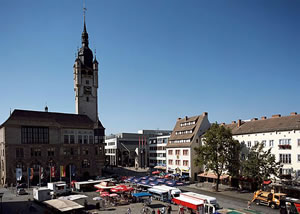
Manfred Jendryschik (Dessau, 28 januari 1943)
Dessau
Lees verder “Manfred Jendryschik, Mo Rocca, Hermann Peter Piwitt, Colette, Christian Felix Weiße”

